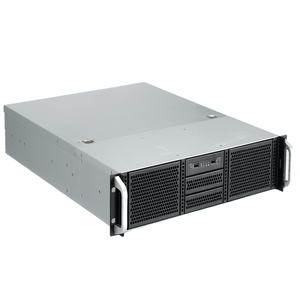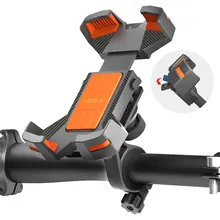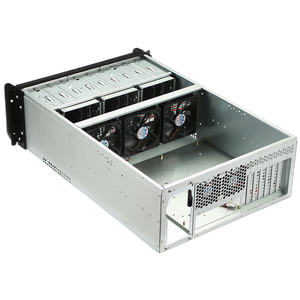Introduction to ARM Server Boards
ARM server boards are a cornerstone in the realm of server architecture, offering a blend of efficiency and performance. These boards are designed to cater to a diverse range of server needs, leveraging the ARM architecture known for its power-saving capabilities. As businesses seek to optimize their operations, ARM-based servers provide a compelling option for various applications.
Types and Sizes of ARM Server Boards
The market offers a variety of ARM server board sizes to suit different server requirements. The common form factors include ATX, micro ATX, and mini ATX motherboards. Each size caters to specific use cases, with the ATX motherboard being the standard size for many server setups. In contrast, the micro ATX and mini ATX motherboards are more compact, designed for space-constrained environments, albeit with some limitations in expansion capabilities.
Applications and Suitability
ARM64 server boards are versatile, supporting a range of applications from lightweight web hosting to more demanding tasks. However, their compact variants, such as mini and micro ATX, may not be ideal for high-end gaming servers due to fewer PCIe and RAM slots which limit upgrade potential. Instead, these smaller boards are better suited for tasks where space efficiency and power consumption are prioritized.
Features and Expansion Options
When selecting an ARM server board, it's important to consider the number of expansion slots and RAM slots, as these will determine the board's future scalability. Some boards come equipped with built-in WiFi and advanced ports like Thunderbolt 3, enabling high-speed data transfers up to 40 Gbps. The feature set varies across different boards, so identifying the right configuration is crucial for meeting specific server demands.
Materials and Construction
The construction of an ARM server board involves high-grade materials that ensure durability and reliable performance under continuous operation. The choice of materials also impacts the board's heat dissipation properties, an important factor for maintaining optimal performance and extending the lifespan of the server components.
Advantages of ARM Server Boards
ARM-based server boards offer several advantages, including reduced power consumption and a smaller footprint, making them an eco-friendly choice for data centers. Their architecture is designed to handle a multitude of tasks efficiently, which can lead to lower operating costs without compromising on performance. Additionally, the ARM ecosystem is continually evolving, with a growing number of applications being optimized for ARM's architecture.
Incorporating an arm server board into your server setup can be a strategic move to balance performance with efficiency. Alibaba.com's platform connects buyers with a vast network of suppliers, providing a diverse selection of server boards to meet various business needs. Whether you're assembling a server from scratch or upgrading an existing system, the right ARM server board can be sourced to align with your specific requirements.












































 浙公网安备 33010002000092号
浙公网安备 33010002000092号 浙B2-20120091-4
浙B2-20120091-4